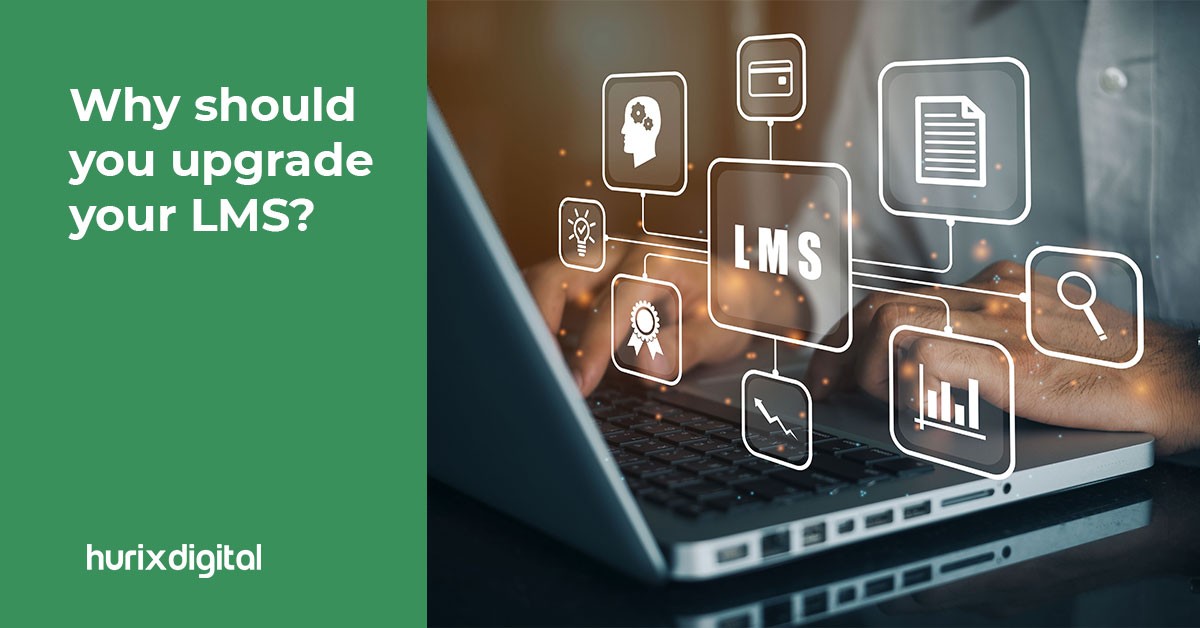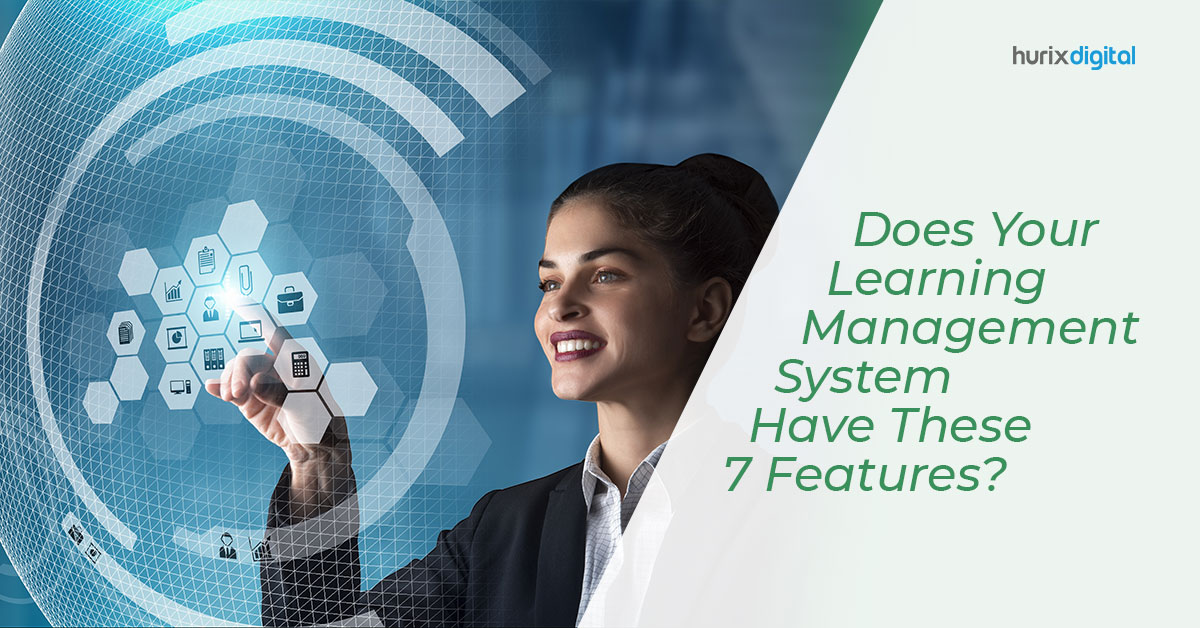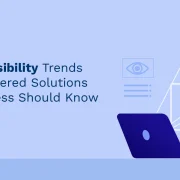
Why You Should Upgrade Your LMS?
Summary
Discover 8 crucial reasons to upgrade your Learning Management System for accelerated revenue growth and a competitive edge in this blog.
Steve Jobs said: Learn continually. There’s always “one more thing” to learn. This quote epitomizes the state of learning in the world of work today more than ever before.
Automation, AI/ML-powered technology, and hybrid workplaces have accelerated the pace at which changes in roles and skills evolve in the modern world.
Continual learning empowers professionals and businesses to stay relevant, and to facilitate this process, businesses must build capabilities to deploy learning in a faster, more effective, and scalable way.
The first Moodle or Modular Object-Oriented Dynamic Learning Environment was introduced in 2000, enabling learners to download the application and start learning instantly. Since then, Learning Management Systems (LMS) have evolved significantly, adding new features and functionalities.
However, most organizations are still operating with an outdated legacy LMS that is not learner-friendly. Hence, they are unable to harness and deploy learning at the pace at which the future of work is evolving.
Table of Contents:
- Limitations of Legacy LMS
- Impact of an Ineffective LMS
- Eight Advantages of the New-Age LMS
- In Conclusion
Limitations of Legacy LMS
Most legacy LMS comes with several limitations, thus hindering the learning curve in organizations:
- Incompatibility with mobile phones
- Cannot be customized by organizations
- Low on scalability
- Not user-friendly for admins
- Data vulnerable to security attacks
- Limited data analytics and reporting capabilities
On the other hand, learning in 2022 is a real-time, highly intimate, interactive, and collaborative activity that is facilitated by learning on the cloud.
Impact of an Ineffective LMS
Learnability has a high premium in the workplace of the future. Considered to be a combination of curiosity, habit, and the practice of learning, a high learnability quotient enables professionals and teams to perform better and bring innovation to their work. A superior LMS activates all three attributes of learnability.
On the other hand, the cost of a redundant LMS has a domino effect on business outcomes:
- When employees struggle with new roles, this can bring on demotivation, which leads to a higher employee turnover.
- It results in low productivity, which impacts business outcomes driven by teams.
- Inefficient work can result in increased expenditure due to loss of customers and even lawsuits.
- Companies lose their competitive edge when workers cannot keep up with the shifts in the market, thus leading to the loss of consumers and clients.
Also Read: Does Your Learning Management System (LMS) Have These 7 Features?
Eight Advantages of the New-Age LMS
Organizations operating with a legacy LMS must consider upgrading their existing LMS with immediate effect to nurture a competitive edge in their workforce.
Companies that see this as an investment and not a cost will be able to turn around any lacunae in learning. This, in turn, enables businesses to enhance employee performance, lower attrition, foster change management, and go to market faster with new projects.
Here are 8 advantages delivered by the modern cloud-based LMS:
1. It is Accessible Everywhere
Cloud computing has changed the nature and texture of online learning engagement, enabling users to access the LMS anytime, anywhere.
Learners can refer to online learning resources on-demand, giving them the flexibility to learn based on real-time needs.
2. Expedited Course Creation
With skills, knowledge, and roles changing so fast, organizations must be able to add new courses to their curriculum with ease and speed.
A modern LMS is equipped with tools that enable this capability. Hence, the turnaround time for new programming has come down significantly.
Companies can create courses using several content formats, including video content, interactive content, audiobooks, collaborative assignments, webinars, and online lectures.
3. Ease of Management
Admins can manage courses, add and manage users, and run daily learning schedules with ease from a unified dashboard.
Another key advantage of an upgraded LMS is the analytics and reporting capabilities, which admins can leverage to keep track of learner trajectories. This enables admins to change training tracks and also understand which resources and tools are working for learners.
4. Delivering a User-Friendly Experience
Admins, trainers, employees, customers, and clients, are all users of the LMS.
A cloud-based LMS offers a seamless user experience that is engaging and easy to navigate because of the well-designed interfaces that enable multiple user profiles to use one platform.
This enables multiple stakeholders to collaborate and find solutions within the desired time frame.
5. Integration with Multiple Tools
Interconnectedness is a core value in today’s online world. Hence, an LMS needs to enable ease of integration with tools that are used by the users daily.
These can include file hosting services, customer relationship management systems, content management systems, online shop platforms, calendars, webinar integration, and team management systems.
Seamless integrations offer an uninterrupted, enhanced user experience.
6. Enables Scalability
As businesses scale, the number of users of the LMS will also grow. This means that the LMS must be able to accommodate new users and provide a seamless experience without the entire system crashing down!
Data security must also factor in, with various safeguards installed to secure it.
7. Live Conferencing Functionalities
In an era where video conferencing and live sessions are the norms, an LMS also offers a facility that enables organizations to connect various stakeholders within one platform.
For instance, employees can easily engage with trainers, experts, and guest speakers for live sessions, demos, and other learning activities.
8. Round-the-Clock Maintenance and Support
A robust Moodle-based LMS system comes with complete and comprehensive maintenance and support.
Ensure that your LMS partner has a dedicated team that can provide Moodle-specific expertise to address all concerns and saves precious time on any difficulties.
In Conclusion
By upgrading their LMS, a company is not merely replacing a functional tool with a more sophisticated one – they are also investing in building a culture of learnability, a core value of the future of work.
All stakeholders can continually build their skills, knowledge, and digital savviness. Moreover, they can do it on-demand, find solutions in real-time, and raise their productivity and commitment to excellence.
Upgrading your LMS does not need to be an overwhelming and expensive process, provided you partner with the right LMS platform provider.
If your startup or business is looking to access a state-of-the-art LMS designed to equip your teams with the right learnability tools, Hurix Digital is geared to help you through this seamless transition. Get in touch with us to start a conversation and leverage the best LMS solutions for your project.
Also Read: What is Learning Management System in Education? Ways to Use LMS in Education









